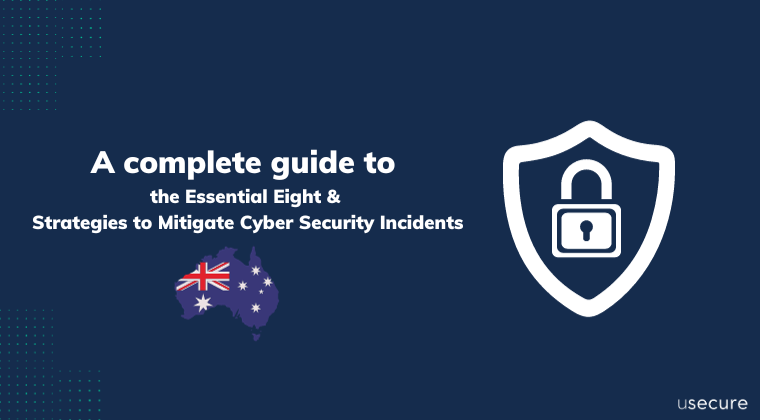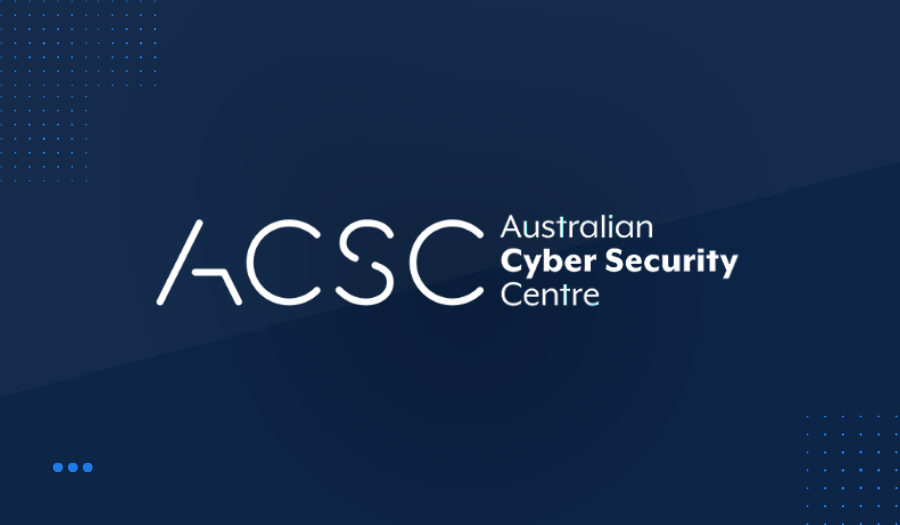5 Must-Know Policy Management Tips for MSPs to Stay Compliant and Secure
The Importance of Policy Management
Policy management means creating, sharing, and updating your organizational policies. It’s key to staying compliant, reducing risks, and boosting cybersecurity. With data breaches costing companies an average of $4.35 million each in 2022, having solid policies in place is more important than ever. Human error and not following rules are big reasons for these breaches. Good policy management helps you handle these issues and protect your business.
In this blog, we’ll cover:
- The critical role of policy management
- Challenges for MSPs and IT leaders
- 5 must-know policy management tips for MSPs
- Why lack of policy processes can harm your business
- How policy management can help safeguard your business
- Data governance vs. policy management
- How Does Effective Policy Management Benefit You?
- How uPolicy boosts your compliance and security
Challenges of policy management for MSPs and IT leaders
MSPs and IT leaders often face several challenges in policy management:
- Outdated Policies: Many organizations struggle to keep their policies up-to-date with the latest regulations and cybersecurity threats. Outdated policies can leave a business vulnerable to non-compliance and security breaches.
- Lack of Employee Adherence: Ensuring that all employees read, understand, and adhere to policies can be difficult. Even the most well-crafted policies are ineffective if employees are unaware of them or fail to follow them.
- Tracking and Updating Policies: Keeping track of who has read and signed policies and updating them regularly is a complex task. Managing policies manually, especially across multiple clients or departments, can be cumbersome and prone to error.
Failing to address these challenges can lead to non-compliance, legal repercussions, financial losses, and reputational damage.
5 must-know policy management tips for MSPs
- Keep Policies Updated Regularly: Ensure your policies are current with the latest regulations and cybersecurity threats. Regular updates prevent compliance issues and security breaches.
- Make Policies Accessible and Clear: Ensure all employees can easily access and understand the policies. Clear and accessible policies help employees follow them effectively.
- Automate Policy Management: Use automated systems to manage and track policy updates and compliance. Automation reduces human error and ensures consistent policy application.
- Integrate Policy Management with Employee Training: Combine policy management with training programs to educate employees on policy requirements and cybersecurity best practices.
- Implement a Centralized Policy Management System: Centralize policy management for a single source of truth. This ensures consistency, streamlines operations, and reduces inefficiencies.
Why a lack of policy processes can harm your business
Increased Risk of Compliance Violations: Without clear policies, your business risks not complying with regulations. This can lead to hefty fines and legal troubles. For example, failing to meet GDPR or HIPAA guidelines can cost you a lot.
Higher Likelihood of Security Breaches: Lacking well-defined policies makes your business vulnerable to security issues. Without clear rules on data protection, employees might expose sensitive information or ignore security protocols, leading to data breaches.
Operational Inefficiencies: Inconsistent practices across departments can lead to confusion and inefficiency. Without standardized policies, your team might face miscommunication and productivity issues.
Reputational Damage: Frequent compliance issues or security breaches can hurt your reputation. This can erode client trust and deter potential customers, affecting your market position and profitability.
Legal and Financial Consequences: Poor policy management makes your business more susceptible to legal actions and financial losses. These issues can be costly and harm your long-term success.
How policy management can help safeguard your business
Ensures Compliance with Regulations: Effective policy management keeps your policies updated with the latest regulations. This helps you stay compliant with laws like GDPR and HIPAA, avoiding fines and legal issues.
Enhances Security Measures: Good policy management involves creating and implementing security policies that address current threats. Keeping policies up-to-date helps protect against data breaches and other security risks.
Streamlines Operations: Centralized policy management provides a single source of truth for your policies. This ensures consistency, streamlines processes, and reduces operational inefficiencies and miscommunication.
Reduces Human Error: Automated policy management systems reduce the risk of human error by consistently applying policies and providing regular reminders to employees. This minimizes accidental non-compliance and enhances overall adherence.
Provides Transparency and Accountability: Comprehensive policy management systems offer features like audit trails and reporting. This transparency helps you demonstrate your commitment to regulatory adherence and operational excellence.
Data governance vs. policy management
Data governance and policy management are two critical but distinct concepts in the realm of organizational data and regulatory compliance. Understanding their differences is essential for ensuring effective data handling and regulatory adherence within an organization.
Data governance focuses on managing data’s availability, usability, integrity, and security. It involves setting policies and standards to handle data responsibly throughout its lifecycle.
Policy management is about creating, distributing, and maintaining policies on various topics like data privacy, network security, and employee conduct. It ensures these policies stay relevant and are properly implemented through regular reviews and updates.
Effective policy management involves periodic reviews, updates, and audits to ensure that policies remain relevant and are properly implemented across the organization.
How does effective policy management benefit you?
Implementing a robust policy management system can provide numerous benefits, helping to safeguard your business and your clients:
- Centralized Control and Visibility: A centralized platform for managing policies offers greater control and visibility across the organization. With a single source of truth, MSPs can ensure that policies are consistent, easily accessible, and enforced uniformly across all clients and departments. This centralization ensures that all policies are current and accessible, reducing the risk of outdated information leading to non-compliance.
- Ensuring Compliance: Effective policy management helps organizations stay compliant with regulations like GDPR, HIPAA, and industry-specific standards. By keeping policies up to date and ensuring that all employees are aware of and adhere to them, businesses can avoid costly fines and legal issues.
- Reducing Human Error: Automated policy management systems reduce the risk of human error, which is often the cause of security breaches. Automation ensures that policies are consistently applied and that employees are regularly reminded of their responsibilities, minimizing the chances of accidental non-compliance.
Leveraging uPolicy for effective policy management

usecure offers a comprehensive solution designed to simplify and enhance policy management for MSPs and IT leaders. uPolicy features include:
- Customizable Policy Templates: usecure provides a library of customizable policy templates that meet various compliance requirements. These templates can be easily deployed and tailored to the specific needs of the organization, saving time and ensuring consistency.
- Automated Policy Updates: With usecure, policies can be automatically updated to reflect changes in regulations or organizational needs. This automation ensures that all policies remain current and reduces the administrative burden on IT leaders.
- Employee Training and Awareness: Integrating policy management with employee training is a key feature of usecure. The platform offers user-tailored training programs that educate employees on policy requirements and cybersecurity best practices, ensuring that everyone in the organization understands and adheres to policies.
- Audit Trails and Reporting: usecure’s solutions provide comprehensive audit trails and reporting features, making it easier to demonstrate compliance during audits. This capability helps organizations maintain transparency and accountability in their policy management processes.

Taking the next step
As cybersecurity threats and regulatory pressures continue to evolve, effective policy management is more crucial than ever. By leveraging uPolicy, you can enhance your cybersecurity posture, ensure regulatory compliance, and mitigate risks, protecting your business and clients.
Ready to take your policy management to the next level? Discover why usecure is recognized as one of the top tools in the industry by Capterra. Learn more and see how we can help safeguard your business!
References:

